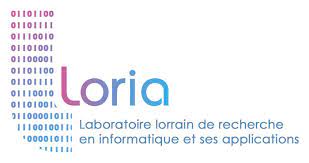Schedule > Mini-symposiaJOBIM 2022 will host 5 mini-symposia on Thursday, July 7th from 3:00 to 6:00 pm:
1- Indexing and query large collections of sequencing data by Pierre Peterlongo (Inria, Rennes), Camille Marchet (CNRS, Lille), Rayan Chikhi (Pasteur, Paris), Antoine Limasset (CNRS, Lille), Clément Agret (Lirmm, Montpellier), Téo Lemane (Inria, Rennes), Lucas Robidou (Inria, Rennes), Karel Brinda (Inria, Rennes). The exponential growth of sequencing data repositories such as ENA prompts the development of ever-faster algorithms for sequence search. The well-known and optimized alignment methods such as BLAST, SRA-BLAST, or BWA-MEM are unable to efficiently search the ENA. In fact there exists no off-the-shelf tool to screen all publicly available samples, and in particular all metagenomic or metatranscriptomic samples at nucleotide resolution, a task that would unlock important discoveries in the eukaryotic, bacterial and viral realms. There is a growing community of bioinformatics researchers who study the problem of searching in large sequencing collections, with many recent scalability breakthroughs. In this symposium we propose an overview of the current state of the art in the domain of genomic data indexing and search, and we will anticipate and discuss future developments. Invited speakers: Camille Marchet (CNRS, Lille), Mikhail Karasikov (ETH Zurich), Thérèse Commes (Univ Montpellier) and Karel Brinda (Inria, Rennes) This mini-symposium is funded by
2- Management and integration of agronomical, phenotypical and environmental data by O. Dameron (IRISA/INRIA, Univ Rennes, Rennes), F. de Lamotte (AGAP, INRAE, Montpellier), Y. Le Bras (MNHN, Paris), F. Legeai (IGEPP, INRAE, Rennes), N. Parisey (IGEPP INRAE, Rennes)C. Pommier (URGI, INRAE, Versailles). Integrating experimental data in order to make them findable, accessible, interoperable and reusable, represents a major challenge for agronomy and environmental sciences. This encompasses collecting and indexing data or metadata from the original resources, and finally displaying their content. Additionally, extracting knowledge and visualizing data are also important challenges. In this symposium, we will focus on the technical and methodological aspects (resources, information systems, ontologies, indexing methods, data integration, collection) for facilitating the exploitation of these data by (bio-eco)computer scientists. Invited speakers : Yvan Le Bras (MNHN Paris), Jocelyn de Goër (INRAE, Nantes), François Laperruque (SICPA, INRE Tulouse), Fatiha Saïs (LISC univ Paris Saclay), Gabriel Besombes & Valentin Rigolle (PhIS, INRAE Montpellier) This mini-smposium is funded by the GDR MaDICS, the PHENOME infrstructure and the BAP deparment of INRAE
3- Bioinformatics of metabolic pathways, from sequences to molecules by Samuel Bertrand (Nantes Université), Clément Frainay (INRAE Toulouse), Clémence Frioux (Inria Bordeaux), Jeanne Got (CNRS, IRISA Rennes), Gabriel Markov (CNRS/Sorbonne Université). The aim of this mini-symposium is to strengthen the interactions between sequence bioinformaticians, that are familiar with Jobim, and bio- or chemo-informaticians that are more centered on molecules/metabolites and the strategies to monitor them into living organisms. Such people, especially those coming from chemistry, generally tend to attend conferences about metabolomics, chemical ecology, or chemoinformatics. Invited speakers: Yves Moreau (univ Leuven), Maude Pupin (Univ Lille) and Thomas Dussarat (Univ Bordeaux) This symposium is funded by the Inria center Rennes-Bretagne-Atlantique, le "Réseau Francophone de Métabolomique et de Fluxomique", the infrastructure MetaboHub, the French Society of ChemoInformatics, the "Groupe de Graphisme et de Modélisation Moléculaire" and the Working Group BIOSS from the CNRS GDR BIM. 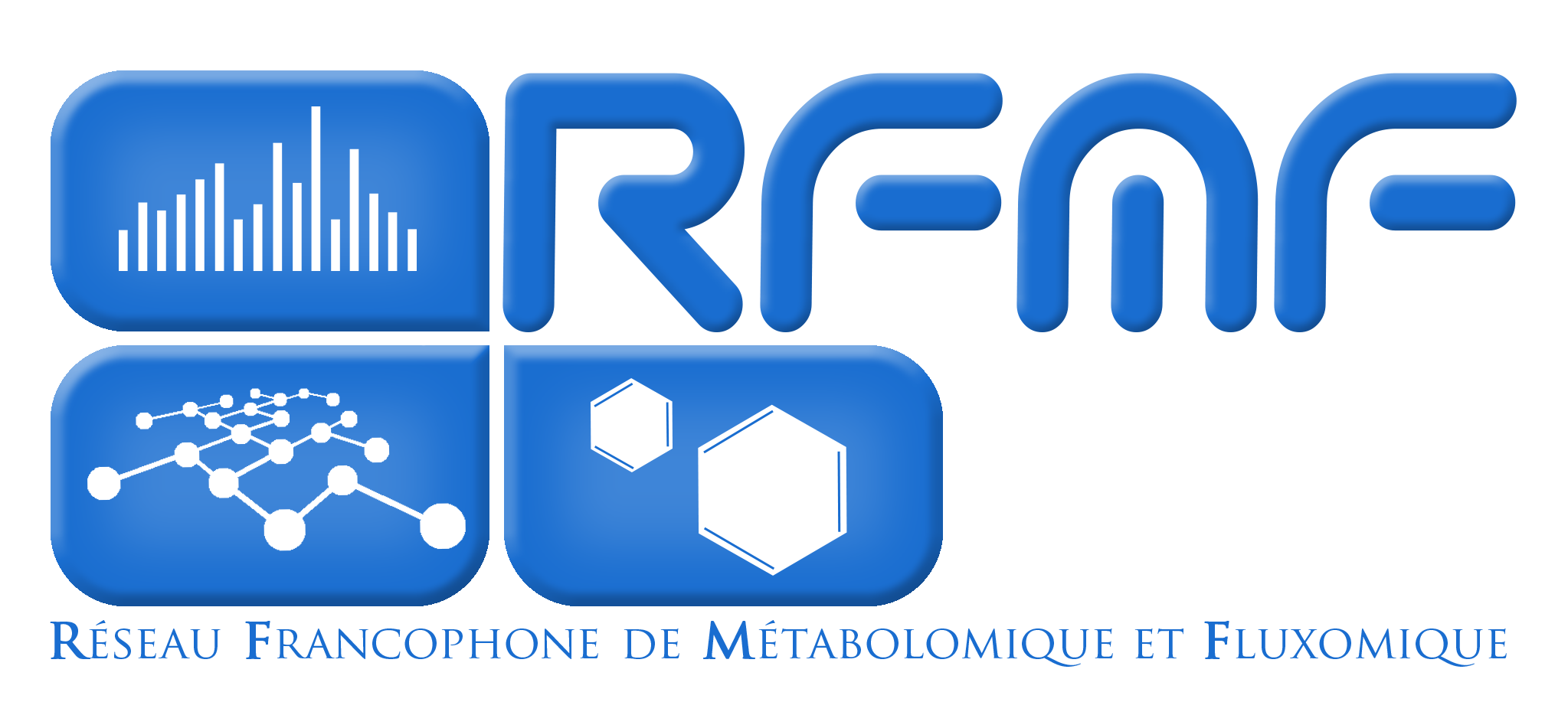  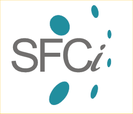  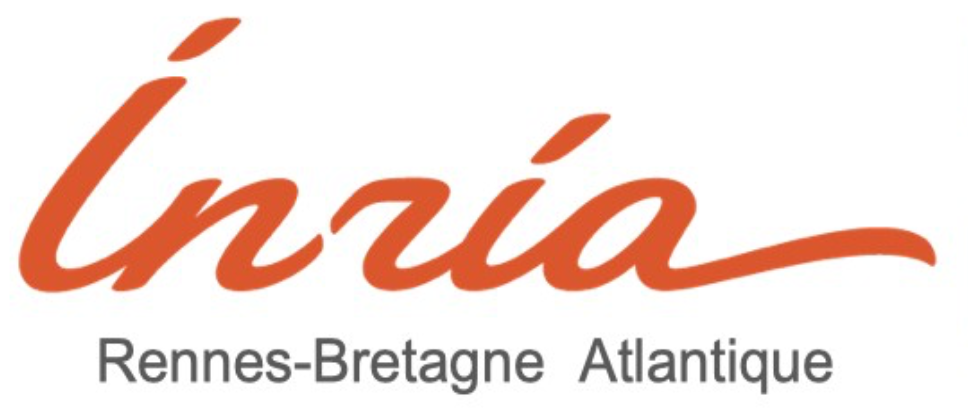 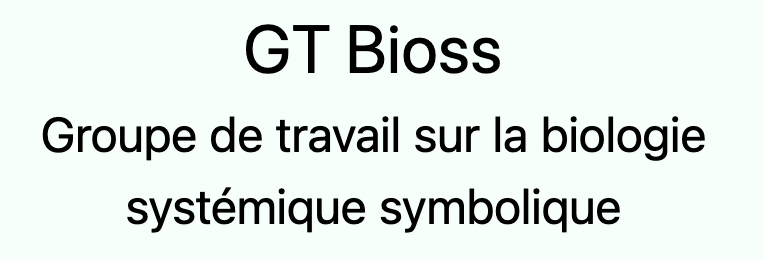  4- Simulation of biological sequences and evolutionary process by Guy Perrière (LBBE, UCBL, Lyon), Guillaume Beslon (CNRS5205, INRIA BEAGLE, Lyon), Bastien Boussau (LBBE, UCBL, Lyon), Jonathan Rouzaud-Cornabas (CNRS5205, INRIA BEAGLE, Lyon), Vincent Daubin (LBBE, UCBL, Lyon) et Éric Tannier (LBBE, UCBL, INRIA BEAGLE, Lyon). The computer simulation of biological sequences (DNA or proteins) and evolutionary process is a field that has undergone significant development over the past 20 years. There are thus methods for simulating genes, proteins, readings from different sequencing methods, complete genomes or even populations. Several bioinformatics domains make use of sequence simulations, whether for the purpose of estimating parameters, validating methods, observing emerging behaviors or understanding evolutionary mechanisms. This symposium therefore aims to tackle the most recent developments in these domains. Invited speaker : Catherine Matias (CNRS, Sorbonne University), Burak Yelmen (Université Paris-Saclay), Guillaume Beslon (INRIA Lyon), William Boulton (Univ East Anglia UK) This mini-symposium is funded by the ANR project "Evoluthon".
5- Structural characterization of macro-assemblies by integrative techniques by Jessica Andreani (CEA, Gif sur Yvette), Isaure Chauvot de Beauchêne (CNRS, Nancy), Anne Lopes (Univ Paris-Saclay) et Matthieu Montes (CNAM Paris). Structural bioinformatics aims at determining in silico the 3D structures of molecular systems, studying their dynamics and understanding/predicting/modifying their biological function. In particular, integrative structural modeling combines experimental data of several kinds (biophysics, biochemistry, 3D structures at various resolutions) for the modeling of large macro-assemblies. The recent breakthroughs in structural bioinformatics, in particular with the advent of AlphaFold to model proteins or their complexes, allow to focus further on problems which were previously difficult to approach. The mini-symposium will address some of these issues, such as the modeling of large macromolecular assemblies or the study of the dynamics of these large machines in their cellular context, through the integration of complementary data, including experimental. Invited speakers: Pablo Chacon (Rocasolano Institute of Physical Chemistry, Madrid), Guillaume Bouvier (Institut Pasteur, Paris), Pierre Legrand (Institut Pasteur, Paris) and Stéphanie Baud (CNRS, Reims) This mini-symposium is funded by the CNRS GDR BIM, the "Groupe de Graphisme et de Modélisation Moléculaire" et and the laboratory Loria.
|



